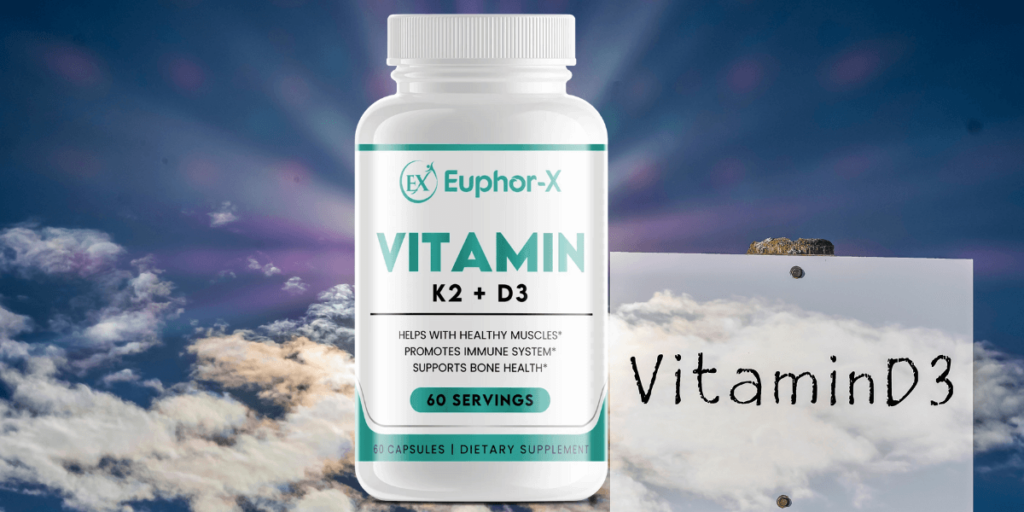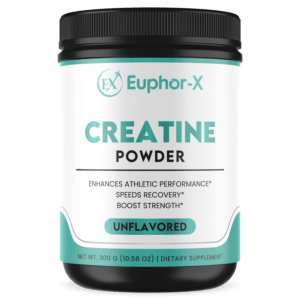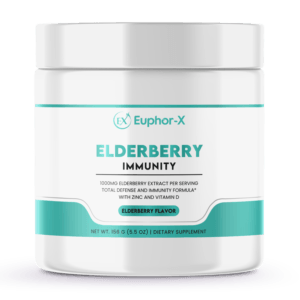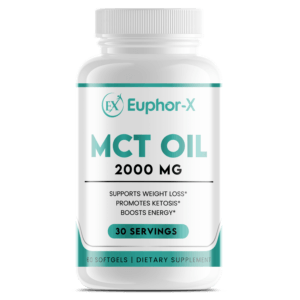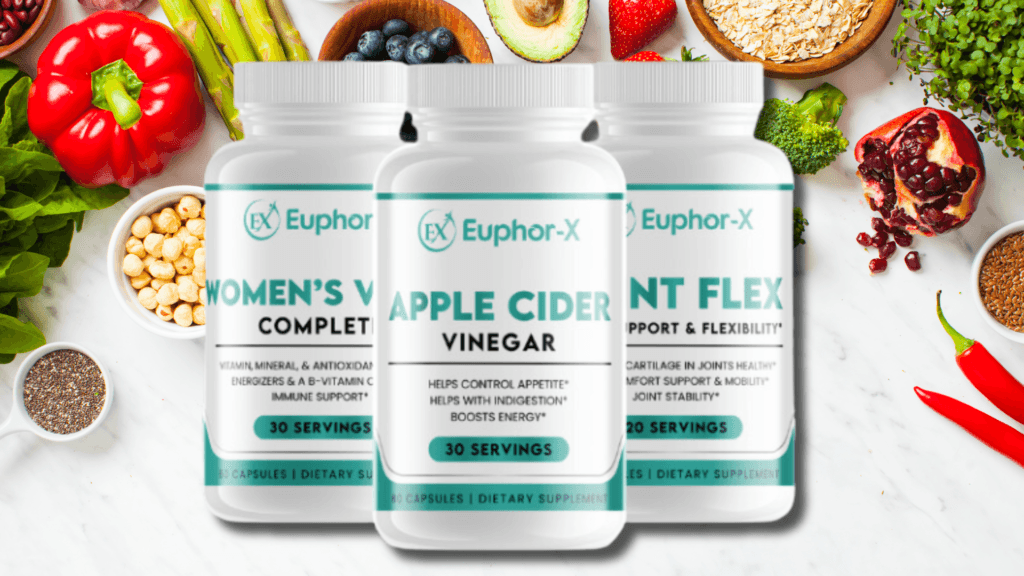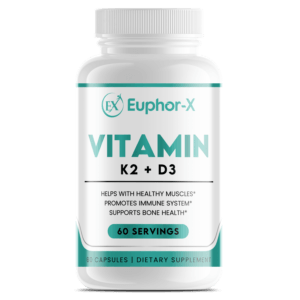Are you struggling with bone mineral density (like in the case of osteoporosis), immune deficiency, or mood regulation?
If so, there’s a pain-free solution few people know about that may be able to help. In fact, this simple (yet very effective) compound blend could be the catalyst you’ve been looking for to improve your overall health and wellness.
It’s not doing more exercise, getting better sleep quality, or eating your leafy greens.
Yes, those are important, but that’s not what we’re talking about here—it’s vitamin k2 and D3 consumption. These vitamins work in unison to keep your body healthy and vibrant. In this blog, we’ll explore the vitamin K2 D3 benefits that you need to know about.
Keep reading to learn more.
The Importance of Vitamins K2 and D3
Vitamin K2 D3 benefits have been scientifically proven to aid with supporting your health.
In fact, the scientific literature on this topic goes back decades. Researchers have pooled their teams and resources to high-level studies and experimentation to reveal how these vitamins impact your health and well-being. And the results are clear: vitamins K2 and D3 are essential for your bone health, heart vitality, and more.
However, these vitamins (while they do work in unison and complement one another) serve very different functions.
Understanding Vitamins K2 and D3
There are many vitamin K2 D3 benefits, but before I get into that, it’s useful to have a general understanding of how these vitamins can contribute to your well-being. Each one plays a special role in boosting your cardiovascular health, bone mass and strength, and more.
What Does Vitamin D3 Do?
Vitamin D3
assists your body with calcium and phosphorus absorption.
And these are the minerals that help you build and maintain strong bones. As a result, vitamin D3 can help you to avoid bone conditions, such as rickets or osteoporosis. And that’s just the beginning…
Vitamin D3 can also be effective for strengthening your immune system and even improving muscle functionality (more on that shortly).
What Does Vitamin K2 Do?
Not to be confused with K1 (which helps with blood clotting), vitamin K2 is a transporter. Let me explain.
Without some biological “vehicle” to transport the surplus of calcium, it will remain in your body’s soft tissues and arteries. And that’s where vitamin K2 comes into play. While vitamin D3 allows you to absorb more significant volumes of calcium, vitamin K2 transports that excess calcium to your teeth and bones.
In short, it’s a calcium transporter that helps to improve your bone and heart health.
7 Key Vitamins K2 D3 Benefits for Your Health and Well-Being
To be at an optimal level, you need to have a sufficient vitamin D status coupled with healthy levels of vitamin K. This combination of vitamins provides essential nutrients to your body that can have many positive effects. Here are some of the health benefits you can expect.
1. Promoting Bone Health
Your skeleton is biology’s way of providing structural support to your body.
Your bones, which are mainly calcium, give your body strength and protection. Vitamin K2 contributes to a healthy life by making your bones stronger and more solid. It also removes soft-tissue calcium from within your arteries and joints before relocating it to the bone.
A healthy intake of vitamin K combined with the proper doses of vitamin D helps to facilitate this process.
- General Health
Vitamin K2 + D3
$29.97 — orRated 0 out of 5$29.97Original price was: $29.97.$26.97Current price is: $26.97. / month Add to cart
2. Supporting Cardiovascular Wellness
Healthy bones aren’t the only beneficial effects of vitamin K and D.
In fact, an adequate intake of these vitamins can also improve cardiovascular outcomes.
A sufficient daily intake of vitamin K2 has been shown to enhance cardiovascular function, resulting in an incredible 12% improvement in cardiac output after only eight an 8-week supplementation period.
This body of evidence shows that vitamin K, in conjunction with vitamin D, plays a critical role in maintaining a healthy heart.
3. Enhancing Immune Function
Did you know that vitamin D deficiency has been associated with an increased vulnerability to infection and autoimmunity?
This is according to research published by the Journal of Investigative Medicine in 2011. However, the good news is that healthy vitamin D levels can combat this. Autoimmune diseases’ immune cells respond to the improvements that vitamin D produces.
As a result, healthy levels of vitamin D can improve the detrimental effects of compromised immune functionality.
4. Aiding Calcium Metabolism
One of the most significant vitamin K2 D3 benefits is that it regulates your body’s calcium levels.
This process is referred to as calcium metabolism. The interplay between vitamins K and D helps to distribute adequate levels of calcium to bones. These biological processes deliver the vital nutrients to strengthen brittle bones and optimize the structural integrity of your skeletal framework.
5. Supporting Mood and Mental Well-being
What if I told you that current evidence supported the beneficial effects of vitamins D and K for optional mental well-being?
That seems to be the case, according to research conducted in 2022. Mood swings and mental health problems can compromise your quality of life in significant ways. However, one of the benefits of vitamin D is that it may be able to reduce the symptoms associated with mental health issues such as anxiety.
As a result, this essential nutrient may be a possible solution to improved mental well-being and cognitive function.
6. Improving Blood Clot Regulation
Vitamin K (a fat-soluble vitamin) is categorized as one of the dietary supplements that may help with blood clot regulation.
A key role of vitamin K is that it heals injuries through advanced bone health support and blood clotting. In fact, vitamin K is just now beginning to gain more recognition for its health benefits when it comes to bone health, cardiovascular health, and blood clotting.
On the surface, blood clots may seem like a negative thing, and they certainly have the potential to be. However, a certain amount of blood clotting in your system is critical for your physical health. For example, blood clotting keeps you from bleeding out from an injury.
A sufficient vitamin K intake helps ensure your blood is not too thick or thin, balancing it to support normal blood clotting.
7. Preventing Depression
Vitamin D (also known as the sunshine vitamin) has antioxidant properties.
As a result, it plays a central role in moderating mood disorders, contributing to brain health, and preventing mental health disorders such as depression. And this is important because depression has been linked to negative cardiovascular events, compromised brain function, and even stroke.
For this reason, getting your daily requirements of this form of vitamin will intercept depression and anxiety with its potent antioxidant properties.
How to Incorporate Vitamins K2 and D3 into Your Diet
When looking to experience the vitamin K2 D3 benefits, a few resources are readily available.
One very popular method is supplementation with vitamins (of course, be sure to consult with your healthcare provider). However, you can also receive the right absorption of vitamins from animal sources. In fact, sufficient vitamin D and vitamin K intake can be achieved through animal foods alone.
Here are some reliable food sources to consider for your dietary intake.
Food Sources of Vitamin K2
The combination of vitamins K2 and D3 creates a potent mix.
Vitamin K supplementation improves blood clotting, cardiovascular health, advanced bone health support, and much more. As a result of these enhanced health advantages, you may wonder what food sources help with the production of vitamin K.
Here are a few of the most common food sources to consider:
Organ meats
Dairy products
Fermented soybeans
Cheese
Sauerkraut
Eel
Vitamin K supplementation has been linked to everything, from protecting blood vessels to preventing bone loss. For this reason, it’s crucial to ensure you have sufficient amounts of vitamin K.
Food Sources of Vitamin D3
Vitamin D is a dietary vitamin that you can easily get through animal products. Adequate vitamin D3 levels play a critical role in calcium metabolism, stabilizing bone mineral density, and more. You can increase your level of vitamin D from food sources such as:
Sardines
Salmon
Mackerel
Liver
Red meat
Egg yolks
Mushrooms
Adequate vitamin D3 levels will help with immune function, muscle health, and strong bone density so you can keep up with daily activities.
Supplementation Guidelines
Vitamin K2: It is recommended that men 19 years of age or older receive 120 mcg of vitamin K daily, while women receive 90 mcg daily. Other factors that will influence your vitamin K intake include your arterial and bone health.
Vitamin D3: It is recommended that people between 1 to 70 years old take 600 IU (about 15 mcg) of vitamin D daily. To offset the odds of osteoporosis, another recommendation is 800 to 1000 IU (or 20 to 25 mcg) daily.
Contact us for a Free Fitness Assessment
Vitamin K2 D3 benefits go beyond bone and immune health; they are the catalyst that contributes to an overall healthy lifestyle. As a result, ensuring you have a sufficient vitamin status with these two is an important factor for your health and well-being. However, another important aspect of your overall health is your body’s functionality.
And we at Future Fitness Training can give you invaluable insight on how to optimize your performance. So, if you’re ready, contact us today for a free fitness assessment.

